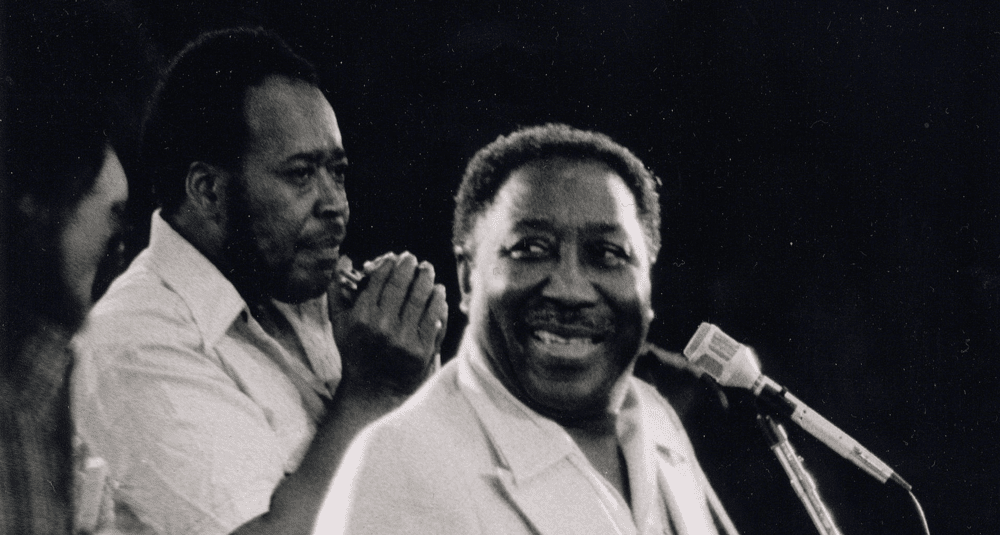What kind of blues Muddy Waters is one of the historical figures?
Last Updated:
Muddy Waters, whose real name was McKinley Morganfield, was born on April 4, 1913 in Rolling Fork, Mississippi, and died on April 30, 1983 in Westmont, Illinois. He is widely recognized as one of the most influential figures in Chicago blues, a genre he helped shape and popularize.
Originally from the Mississippi Delta, Muddy Waters was deeply influenced by delta blues, a style characterized by deep rhythms and melancholy melodies. He learned to play guitar and harmonica with local artists such as Son House and Robert Johnson. In 1941, he was recorded by Alan Lomax for the Library of Congress, marking the beginning of his recognition as a blues musician.
In 1943, Muddy Waters moved to Chicago with the ambition of becoming a professional musician. At the time, acoustic Delta blues was evolving towards a more electric sound, adapted to Chicago’s urban environment. Muddy Waters was one of the pioneers of this transition, incorporating electric guitar into his live shows to create a more powerful, amplified sound.
Chicago blues is characterized by the use of electric instruments such as guitar, bass, piano, harmonica and drums. This style emphasizes driving rhythms and improvised solos, reflecting the energy of urban life. Muddy Waters played a central role in defining the genre, popularizing the instrumental formation typical of Chicago blues.
In the 1950s, Muddy Waters recorded a series of blues classics that cemented his reputation. Titles like Hoochie Coochie Man, I Just Want to Make Love to You and I’m Ready have become emblematic of Chicago blues. His influence extended beyond the blues, touching on genres such as rock ‘n’ roll. Artists such as the Rolling Stones, who borrowed their name from one of his songs, were profoundly influenced by his work.
Muddy Waters’ fame spread beyond American borders. In 1958, he visited England, laying the foundations for a renewed interest in blues in that country. His performance at the 1960 Newport Jazz Festival was recorded and released as his first live album, At Newport 1960, helping to raise his profile.
Throughout his career, Muddy Waters received numerous honors, reflecting his lasting impact on the music. He is often considered the father of modern Chicago blues, in recognition of his central role in the development and popularization of the genre.
Muddy Waters is an iconic figure in Chicago blues, having played a crucial role in the transition from acoustic Delta blues to an electric, urban sound. His legacy lives on, influencing generations of musicians and continuing to resonate in contemporary music.
music

What kind of blues Muddy Waters is one of the historical figures?
Answer
Muddy Waters is an emblematic figure of Chicago blues, a style of electric blues he popularized in the 1940s and 1950s.